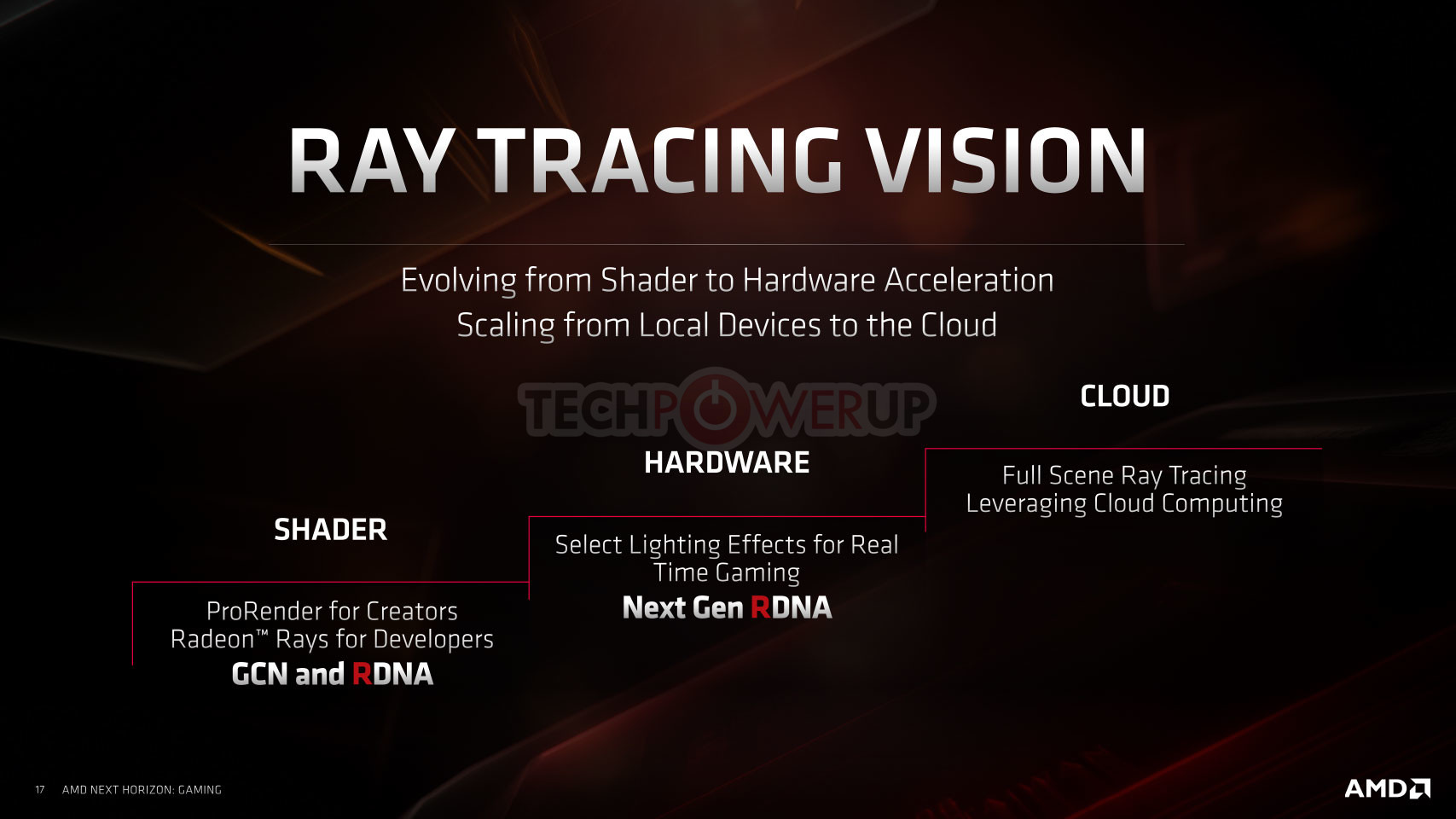Now I get it what you tring to push here, AMD is bad for PC games and Nvidia is gaming savior. Same thing was pushed durung mining craze. But the truth is Nvidia hleping minier more than AMD. AMD didnt need to shiped back gpus after mining carze was over, Nvidia did as they producing more gpus for miniers. And it also reflect on Nvidia's finincial result.
Its not AMD, you need to blame Nvidia and their buddy Epic are degrading PC gaming. AMD sponsored dont run like crap on pc, nvidia sponsored one runs like crap on pc and compatating gpus.
Just like we are not blame for AMD's past finincial state ralating to cpu, the same way AMD has no obligation to supply parts for a market that returns zero profit.
I have no interest in pointless "camp" warfare. I don't consider a duopoly to be adequate competition in the first place. The last thing a person with that view would want to do is cheerlead for one of the duopoly companies. Facts are: AMD is working against the PC gaming platform with its consoles, in cahoots with Sony and MS. Why? Because it's profitable for those companies. AMD is trying to sell small dies at higher prices to increase margin. That's profitable for AMD but not necessarily for us. We can hope that the margin will trickle down but a lot of the time the situation is worse for us than it should be. Right now, PC gaming is fragmented unnecessarily into three artificially incompatible x86 platforms. Things will be less drastically dire once the "consoles" get Zen CPUs, instead of the horrid Jaguar, but the problem will still remain. It will be a drag on PC gaming.
It's time to stop paying the MS tax of Windows to get DX for gaming and it's time to stop paying the console tax. Or, we can continue to waste our lives with useless "AMD vs. Nvidia" tripe.
I would like people to start pushing Vulkan with OpenGL on Linux and the unification of x86 gaming.
Small dies aren't always bad. If yields are really good then they can be a good option for midrange and low-end parts. What they generally aren't very helpful for is high-end performance GPUs, the kind most enthusiasts care about. When a company refuses to produce those parts then it's tempting for them to overcharge for small die parts with excessive clock speed to try to overcome the inherent processing deficit. And/or the competition will keep prices high because of a lack of a competing product, which can, in turn, lead to increased prices in the midrange. Small dies can also work with the chiplet approach, apparently. Let's hope that AMD will find a way to stick together enough chiplets to get some competition into the high-end gaming space. But, instead of just hoping, we should also try to get at least one more company into serious gaming graphics. Apparently Intel is going to try this but since it's part of the CPU duopoly it's hardly ideal from a competition standpoint. But, it would be better than having a weak duopoly which is what we have now, given that AMD isn't even competing at the high end of the GPU space and hasn't for some time.





 ...
...  ....
....  )
)